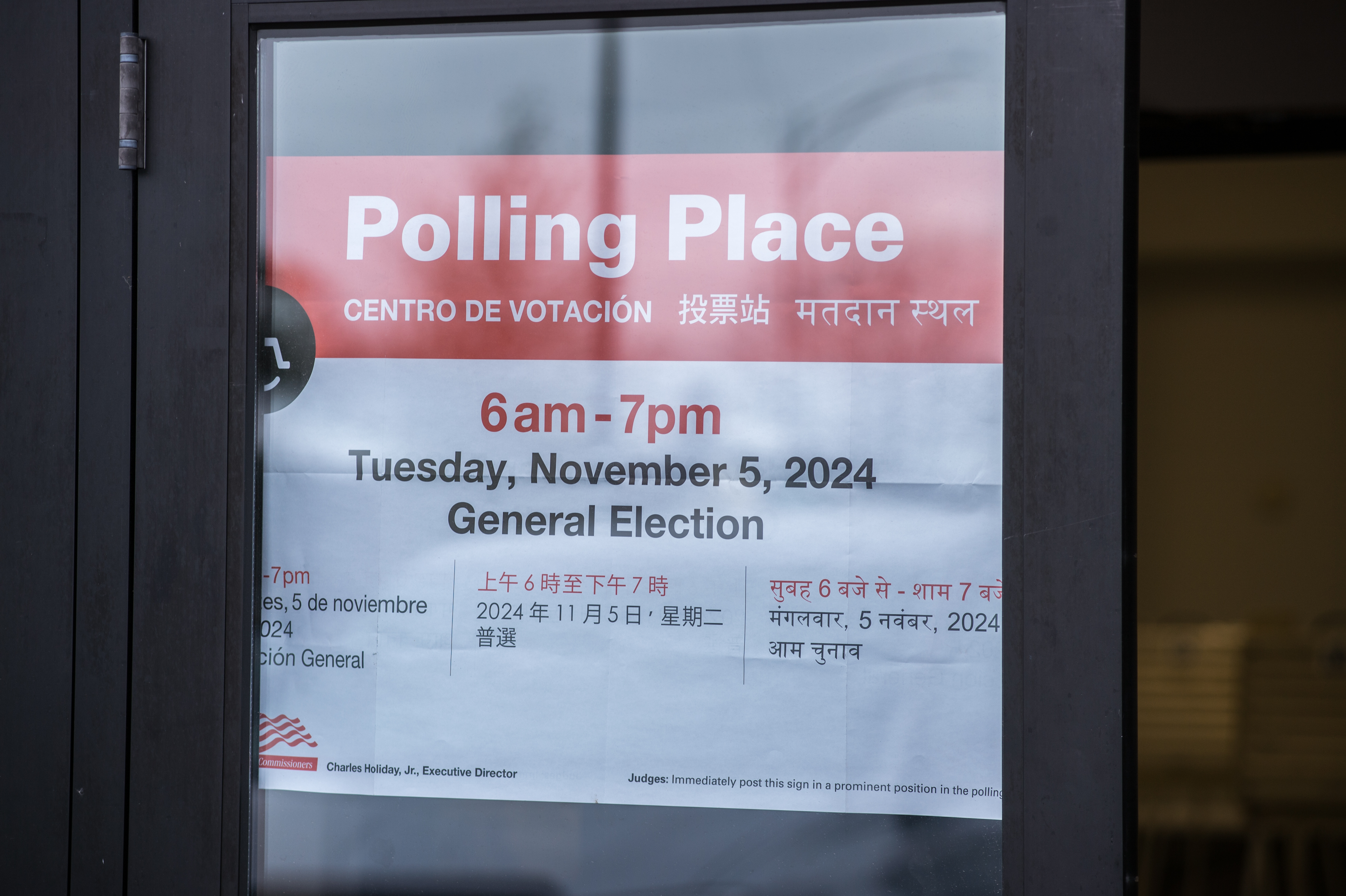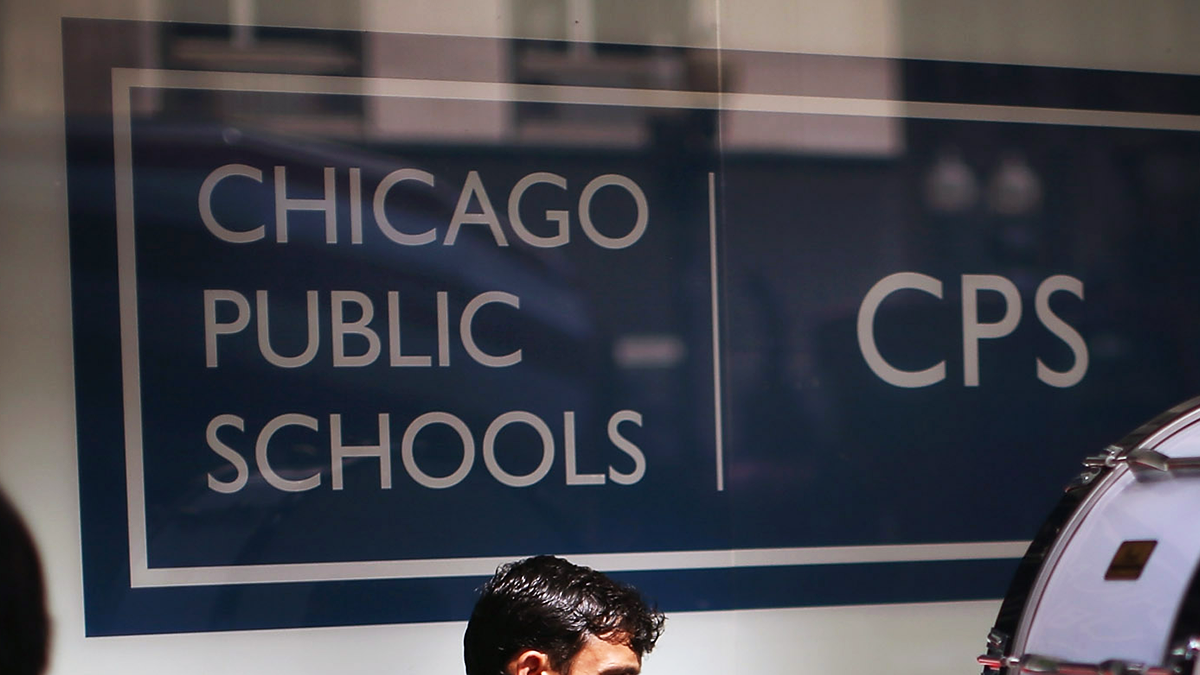Loyola University graduate student Maddie Kane said she was crossed-examined without a lawyer during a Title IX investigative hearing after reporting a fellow student sexually assaulted her at a frat party in 2020.
“It’s very scary and it makes you kind of question yourself, especially being asked over and over the same question,” Maddie said. “You know, they never came out and said we don’t believe you, but just kind of the tone used.”
Loyola University never encouraged her to go to police, she said, but the University did investigate and decided not to punish the student.
“I chose not to appeal which in hindsight, I honestly wish I did. But in terms of just the exhaustion of this process and the place I was in mentally, I was very defeated,” Maddie recalled.
NBC5 Investigates analyzed three years of statewide data filed by 167 Illinois Colleges on allegations of sexual violence, dating violence, domestic violence and stalking. We found colleges held only 472 people responsible for the sexual violence they were accused of. That’s only 6.3% of all the reported incidents.
Under Title IX regulations, colleges and universities receiving federal funding must investigate and provide a live hearing of any complaint of sexual harassment which includes sexual assault and violence.
In Illinois, all schools are also required by state law to submit annual reports of sex crime allegations to the Illinois Attorney General’s office.
Local
“I had reported what happened and I kept getting constantly beaten down by Loyola’s Title IX process, “ Marissa Sepulveda, a 2022 Loyola graduate said.
Marissa said Loyola discouraged her from going to police when she told the university a student had sexually assaulted her on campus.
Feeling out of the loop? We'll catch you up on the Chicago news you need to know. Sign up for the weekly Chicago Catch-Up newsletter.
“Nothing good would come out of it for me, essentially, they just said it would be more of a headache for me, “ Marissa added.
The university did investigate her case, Marissa said, and punished her attacker, but only after the same person “violently raped” another Loyola student, according to court records.
A police report was filed in the second incident and Loyola expelled the student.
“Had I known immediately, I would have gone to a hospital and absolutely would’ve reported it to police, but I didn’t know what to do with the information, Marissa said.
NBC5 Investigates’ review of statewide college data found one-in-ten people chose to complete their college’s resolution process. We did find more than 1,000 other students instead chose to go to their local police to officially reports their allegations.
Schools are not required to report cases to police.
“It was definitely very scary sharing something so intimate and something so vulnerable, “ Fernanda Aragon, a Loyola senior said.
Fernanda said she told the university a student sexually assaulted her in his dorm room when she was a freshman in 2019.
She said that Loyola investigated for eight months but dismissed her case for “insufficient evidence” against the accused student, who had hired an attorney.
“I didn’t hire a lawyer because they said first of all it wasn’t necessary, “ Fernanda said. “Now, looking back, I wish I would have hired a lawyer.”
Christina Zuba is an attorney with the Chicago Alliance Against Sexual Exploitation (CAASE) organization. She represents students from K-12 grades as well as college students in Title IX cases. Her legal services through CAASE are free and estimated she has a 50% success rate in her client’s cases.
“The vast majority of survivors do not have an attorney through the school process, “ Zuba said. “I would never want a complainant or survivor to go through this process without an attorney.”
Zuba said that most students accused of a crime, show up with a defense attorney trained to raise doubts about a survivor’s story.
“Their purpose is to shed doubt on their credibility and to make it less likely or seem less likely that the survivor’s story is true, “ Zuba said.
Zuba wants the Title IX law changed to end the requirement of cross examination.
"That is a big thing that causes students to not want to go forward with this process. They don’t want to be cross examined by the perpetrator’s attorney and especially since we’re not in court where there’s a trained judge," she said.
She said she has seen Title IX cases decided at colleges by anyone from consultants and lawyers to students, staff and faculty.
“They can be trained better or especially trained in more trauma informed approaches, “ Zuba added.
Maddie and Marissa, along with eight other former Loyola University students, are part of a class-action lawsuit filed against the university last year. A civil suit was filed on Fernanda’s behalf in federal court this year.
Attorneys Ashley Pileika and Elizabeth Fegan are representing the women and have alleged in their complaints that “Loyola has systemically mishandled and underreported student complaints of sexual misconduct” since 2011.
Loyola University’s attorneys have asked a judge to dismiss the class-action lawsuit in a recent court filing.
The university told NBC5 Investigates that it doesn’t comment on pending litigation, writing in an email:
“Loyola University Chicago is committed to ensuring that reports of sexual misconduct are addressed consistent with federal and state laws and the University’s institutional values and educational mission. The University’s Comprehensive Policy and Procedures for Addressing Discrimination, Sexual Misconduct, and Retaliation is available on the Office for Equity and Compliance webpage. The OEC webpage also provides information about community resources, including supportive measures for complainants, respondents and witnesses. “



